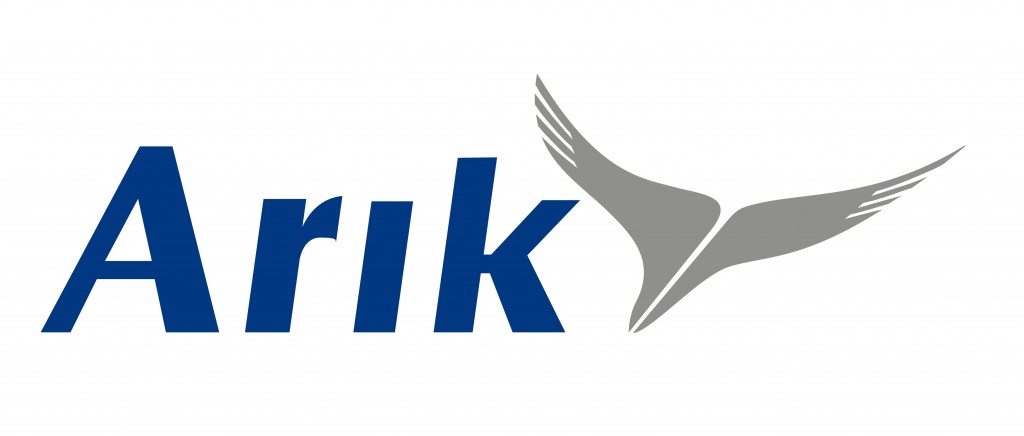News
CBN Moves to Limit Lending to MDAs, Others

Central Bank of Nigeria (CBN) has directed banks in the country to increase the risk weight of loans to local governments, state governments and ministries, departments and agencies (MDAs) in a move to minimize some of the weaknesses in the banking system.
This in essence makes it difficult for any of them seeking bank loans or when they insist to pay very high interest rates for the money borrowed.
Mrs. Tokunbo Martins, CBN director of banking supervision, in a circular issued to all banks and discount houses in the country said that with this review, banks would now be required to make 200 per cent provisioning for loans to these borrowers since it has classified them as having 200 per cent risk of defaulting
The CBN stated that it had identified that recent crises in the banking industry had highlighted several weaknesses in the banking system.
According to the apex bank, a major contributor to these weaknesses was the excessive concentration of credit in the asset portfolios of banks, which cut across products, business lines and legal entities, among others.
It, therefore, urged banks to properly manage the concentration through the establishment of sound risk management processes.
However, the CBN said that investments in federal government bonds should continue to attract zero per cent risk weight, while state government bonds would remain at 20 per cent.
It said that where the exposure to any industry was in excess of 20 per cent of the total credit facilities of a bank, the risk weight of the entire portfolio shall be 150 per cent.
The apex bank said that total exposure to a particular industry would include off-balance sheet engagements in which the bank takes the credit risk.
The apex bank also emphasised that all the breaches of single obligor limits without the prior approval of the CBN would be regarded as impairment to capital.
The CBN also reviews how banks should henceforth treat credit transactions with related parties within a holding company structure, which should include the financial holding company (FHC) and other subsidiaries within the group.
To this end, in dealing with credit transactions by the bank within the group, FHC lending to a bank within its group should be treated as a liability, credit by a bank to its FHC should be regarded as a return of capital and deducted from the capital of the bank in computing its capital adequacy, while bank lending to subsidiaries within the group would be assigned a risk weight of 100 per cent where the credit is fully secured; otherwise it would be deducted from the capital when computing capital adequacy.
News
EFCC Witness Admits Writing Off Arik Air’s $2.3M Debt Amid N76Bn Fraud Trial


News
Anambra Shines in 2025 E-Governance Rankings, Setting National Standards

Anambra State has once again demonstrated its leadership in digital transformation, emerging as one of Nigeria’s top three states in the 2025 e-Governance Report published by the Panorama CIAPS Governance Performance Index (CGPI).

According to the report — a collaborative effort between Nigerian Panorama and the Commonwealth Institute of Advanced Professional Studies (CIAPS) — Anambra ranks alongside Lagos and Enugu as the leading states in adopting and implementing e-governance practices that foster accountability, transparency, and improved service delivery.
In his remarks, Professor Anthony Kila, Director of CIAPS, emphasized the importance of e-governance in shaping how governments interact with citizens. “The centrality of e-governance allows us to assess the performance of state governments in the country. How the government treats the digital world says a lot about them,” he said.
The report evaluated states based on a comprehensive set of criteria, including website security, up-to-date content, public engagement, availability of online services, policy updates, and user accessibility. Anambra’s performance reflects the state’s deliberate investment in digital infrastructure and its commitment to leveraging technology as a tool for inclusive governance.
Reacting to the recognition, the Managing Director/CEO of the Anambra State ICT Agency, Chukwuemeka Fred Agbata, CFA, described the report as a welcome validation of the efforts being made under the leadership of Prof. Charles Chukwuma Soludo, CFR, to reposition Anambra as a liveable and prosperous smart mega-city.
“This is not just about being tech-savvy,” Agbata said. “It’s about using digital tools to create real impact — making the government more accessible, responsive, and transparent. Anambra is building a digital future that works for everyone.”
The CGPI Report recommended that all states intensify efforts to train public servants, maintain digital platforms effectively, and build user-friendly systems that keep citizens informed and empowered. For Anambra, this recognition serves both as a milestone and a motivation to scale new heights.
As the journey continues, Anambra remains focused on setting the pace for e-governance in Nigeria in line with the Governor’s mantra of Everything Technology & Technology Everywhere.
News
SERAP Urges National Assembly to Reject Tinubu’s $24Bn Loan Request Over Debt Concerns

Socio-Economic Rights and Accountability Project (SERAP) has urged the National Assembly to reject the Tinubu administration’s request to borrow $24 billion, warning that the move would significantly deepen Nigeria’s debt crisis.

In a statement posted on its official X account, the advocacy group warned that the proposed borrowing would raise Nigeria’s total debt stock to an estimated ₦183 trillion—an amount it described as “clearly not sustainable and not in the public interest.”
“The National Assembly must immediately refuse to approve the Tinubu administration’s request to borrow $24 billion,” the group said. “The growing national debt is not sustainable and not in the public interest.”
SERAP expressed concern over the heavy burden of debt servicing, which it said is already consuming a substantial portion of government revenue, leaving little room for critical public investment.
Nigeria’s total public debt is projected to surpass ₦180 trillion following the president’s latest loan request. The borrowing plan includes a proposal for over $21.5 billion in external loans, which equates to ₦33.39 trillion at the official exchange rate of ₦1,590 per dollar. The administration is also seeking approval for a domestic bond issuance worth ₦757.9 billion to settle outstanding pension liabilities.
President Tinubu said the 2025–2026 borrowing plan targets key sectors such as infrastructure, healthcare, education, water supply, security, and employment generation. He noted that the plan is also intended to cushion the economic impact of fuel subsidy removal.
The total loan request comprises $21.5 billion, €2.19 billion, and 15 billion Japanese Yen, alongside a €65 million grant. Tinubu assured lawmakers that the funds would be directed toward development projects across all 36 states and the Federal Capital Territory, with emphasis on rail networks, healthcare infrastructure, and poverty alleviation programs.
On pension-related borrowing, the president explained that the proposed bond issuance is aimed at clearing backlogs under the Contributory Pension Scheme. The measure, he added, has already received approval from the Federal Executive Council and is expected to improve retirees’ welfare, restore trust in the pension system, and inject liquidity into the economy.
Nigeria’s public debt has surged in recent years, rising by 48.6% in 2024 to ₦144.66 trillion—up from ₦97.34 trillion in 2023. The Federal Government accounts for 95% of that total.

 E-Financial2 days ago
E-Financial2 days agoEFCC Recovers over N20Bn Stolen by Hackers from 6 Banks in Nigeria

 Telecom2 days ago
Telecom2 days agoEngr. Ikechukwu Nnamani Receives Two Prestigious @ABoICT Awards

 Telecom2 days ago
Telecom2 days agoFG to Deploy 80 Percent of 7000 Telecom Towers to North

 E-Financial2 days ago
E-Financial2 days agoPonzi Scheme Operators Risk N10m Penalty, Others- IST Chair

 E-Business1 day ago
E-Business1 day agoNigeria Among Hotspots as Kaspersky Warns of Rising Ransomware Threat in Africa

 E-Financial2 days ago
E-Financial2 days agoUBA Launches *919# Advance Top-Up Feature for Instant Access to Customers

 News2 days ago
News2 days agoEFCC Recovers Funds, Arrests Suspects in N1.3 Trillion CBEX Crypto Fraud

 E-Financial2 days ago
E-Financial2 days agoCourt to Deliver Judgment in NIBSS’ Suit against CBN, Others over BVN Database Management


























